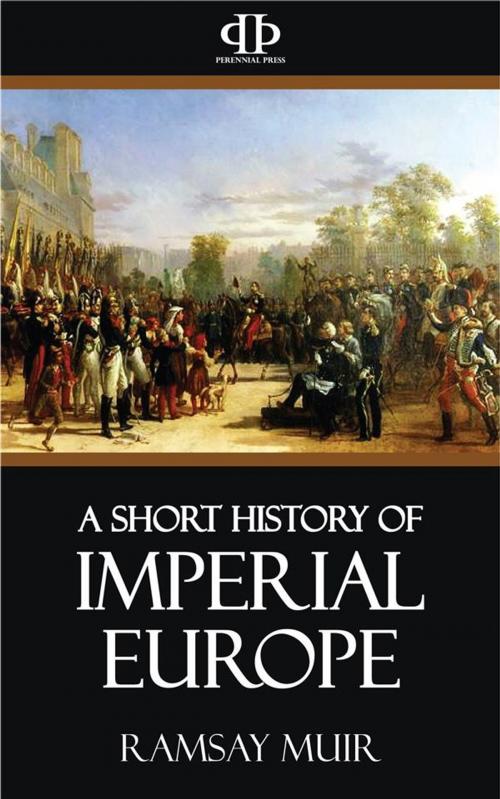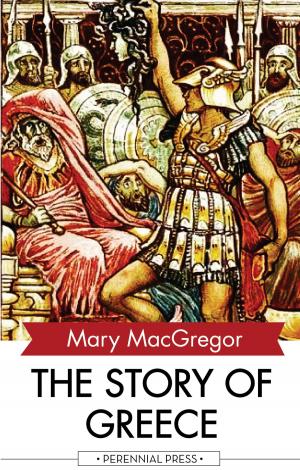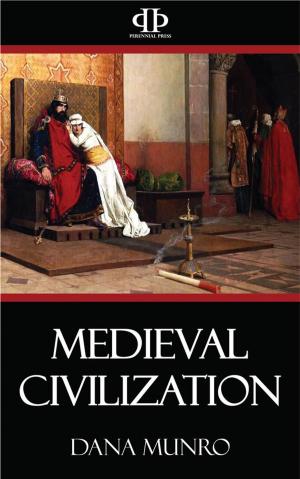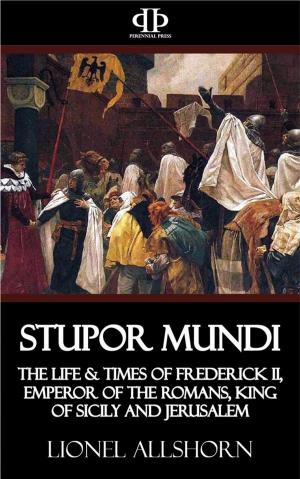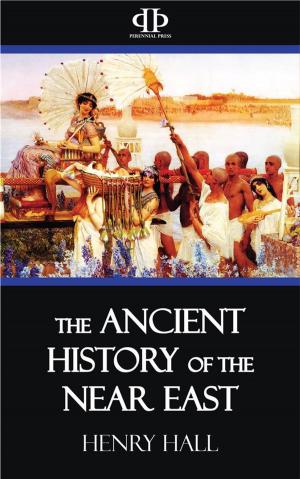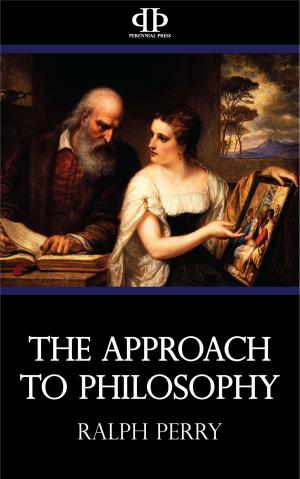| Author: | Ramsay Muir | ISBN: | 9781518318979 |
| Publisher: | Perennial Press | Publication: | November 27, 2015 |
| Imprint: | Language: | English |
| Author: | Ramsay Muir |
| ISBN: | 9781518318979 |
| Publisher: | Perennial Press |
| Publication: | November 27, 2015 |
| Imprint: | |
| Language: | English |
One of the most remarkable features of the modern age has been the extension of the influence of European civilisation over the whole world. This process has formed a very important element in the history of the last four centuries, and it has been strangely undervalued by most historians, whose attention has been too exclusively centred upon the domestic politics, diplomacies, and wars of Europe. It has been brought about by the creation of a succession of 'Empires' by the European nations, some of which have broken up, while others survive, but all of which have contributed their share to the general result; and for that reason the term 'Imperialism' is commonly employed to describe the spirit which has led to this astonishing and world-embracing movement of the modern age.
The terms 'Empire' and 'Imperialism' are in some respects unfortunate, because of the suggestion of purely military dominion which they convey; and their habitual employment has led to some unhappy results. It has led men of one school of thought to condemn and repudiate the whole movement, as an immoral product of brute force, regardless of the rights of conquered peoples. They have refused to study it, and have made no endeavour to understand it; not realising that the movement they were condemning was as inevitable and as irresistible as the movement of the tides—and as capable of being turned to beneficent ends. On the other hand, the implications of these terms have perhaps helped to foster in men of another type of mind an unhealthy spirit of pride in mere domination, as if that were an end in itself, and have led them to exult in the extension of national power, without closely enough considering the purposes for which it was to be used. Both attitudes are deplorable, and in so far as the words 'Empire,' 'Imperial,' and 'Imperialism' tend to encourage them, they are unfortunate words. They certainly do not adequately express the full significance of the process whereby the civilisation of Europe has been made into the civilisation of the world...
One of the most remarkable features of the modern age has been the extension of the influence of European civilisation over the whole world. This process has formed a very important element in the history of the last four centuries, and it has been strangely undervalued by most historians, whose attention has been too exclusively centred upon the domestic politics, diplomacies, and wars of Europe. It has been brought about by the creation of a succession of 'Empires' by the European nations, some of which have broken up, while others survive, but all of which have contributed their share to the general result; and for that reason the term 'Imperialism' is commonly employed to describe the spirit which has led to this astonishing and world-embracing movement of the modern age.
The terms 'Empire' and 'Imperialism' are in some respects unfortunate, because of the suggestion of purely military dominion which they convey; and their habitual employment has led to some unhappy results. It has led men of one school of thought to condemn and repudiate the whole movement, as an immoral product of brute force, regardless of the rights of conquered peoples. They have refused to study it, and have made no endeavour to understand it; not realising that the movement they were condemning was as inevitable and as irresistible as the movement of the tides—and as capable of being turned to beneficent ends. On the other hand, the implications of these terms have perhaps helped to foster in men of another type of mind an unhealthy spirit of pride in mere domination, as if that were an end in itself, and have led them to exult in the extension of national power, without closely enough considering the purposes for which it was to be used. Both attitudes are deplorable, and in so far as the words 'Empire,' 'Imperial,' and 'Imperialism' tend to encourage them, they are unfortunate words. They certainly do not adequately express the full significance of the process whereby the civilisation of Europe has been made into the civilisation of the world...
